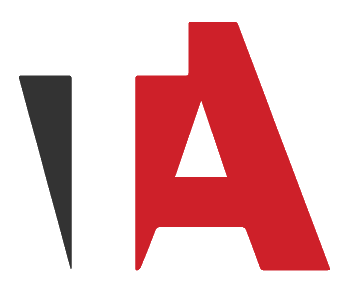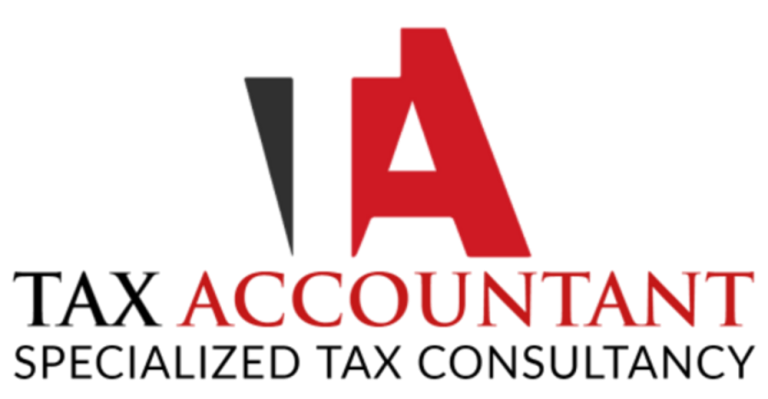As a company director, navigating the world of taxes and financial obligations can be complex and confusing. One of the directors’ most common questions is whether they must register for an assessment. In this comprehensive guide, we’ll break down the ins and outs of self-assessment for company directors, helping you understand your responsibilities and ensure you remain compliant with HMRC regulations.
What is Self Assessment?
First, let’s clarify what Self-Assessment is. In the UK, Self-Assessment is a system used by HMRC to collect income tax from individuals who have income that is not taxed at source. This includes income from self-employment, rental income, and investments, among others. The Self-Assessment process involves submitting a tax return each year, detailing all income and allowable expenses, and paying any tax owed.
Do Directors Automatically Need to Register for Self-assessment?
Now, let’s address the main question: Do directors automatically need to register for Self-Assessment? The short answer is no. Simply being a company director does not mean you must register for Self-Assessment. However, there are certain circumstances in which directors will need to register and file a self-assessment tax return.
The key factor is whether you, as a director, receive any taxable income that still needs to have tax paid. This is where the distinction between your role as a director and shareholder comes into play.
Directors vs Shareholders: How You Pay Yourself Matters
In most small companies, directors are also shareholders. As a director, you can pay yourself a salary for your work. If this salary is at or above the Lower Earnings Limit for National Insurance (£6,396 in 2023/24), it must be paid through the PAYE (Pay As You Earn) system. This means that income tax and National Insurance contributions are deducted at the source, and the company pays them to HMRC on your behalf.
However, you can also receive dividends from the company’s profits as a shareholder. Dividends are taxed differently from salary and are not subject to National Insurance contributions. Importantly, dividends are not taxed at source, meaning that if you receive dividend income, you will likely need to register for self-assessment to declare this income and pay any tax due.
Many directors pay themselves a salary and dividends to maximize tax efficiency. Our guide to Tax Efficient Director’s Salaries explains this strategy in more detail.
Company Directors and PAYE
As a company director, you are considered an ‘office holder’ rather than a regular employee. This means that you are not subject to minimum wage regulations and are not obligated to take a salary. However, if you choose to pay yourself a salary, you must be aware of the PAYE rules.
You won’t need to register for PAYE if your salary is less than the Lower Earnings Limit. However, the company must register and operate PAYE on your salary if it’s above this limit. The company acts as your employer, deducting income tax and National Insurance from your salary and paying it to HMRC.
It’s important to note that the company cannot pay you for your role as a director if you are self-employed or through an intermediary company like a Personal Service Company (PSC).
Declaring Director’s Salary on Self-Assessment
If you need to submit a self-assessment tax return, you must include your director’s salary, even if tax has already been paid on it through PAYE. The Self Assessment form includes sections for each income source and any tax already paid. This ensures that your total income for the year is considered and that you pay the right amount of tax overall. You will only be taxed once on the same income.
Dividends and Self-Assessment
As mentioned earlier, if you are a shareholder in the company, you may receive dividends. Dividends are paid from the company’s profits after corporation tax has been paid, so they have already been taxed. Because of this, dividends are taxed at a lower rate than other income.
The tax due on dividends is not deducted at source like it is for salary. Instead, it is paid through the Self-Assessment process. This means that if you receive dividends, you will need to register for Self-Assessment, declare the dividend income, and pay any tax owed.
It’s worth noting that there is a tax-free Dividend Allowance (£1,000 in 2023/24). Only dividend income above this allowance is taxable. The rate of tax you pay on dividends above the allowance depends on your Income Tax band.
As dividends are taxed differently and the tax is not deducted at source, it’s important to set aside money from your dividends to cover your future tax bill. Many assume that because they pay tax on their salary through PAYE, their tax liabilities are fully taken care of, but this is not the case if you also receive dividends.
Directors’ Pensions and Self-Assessment
Pensions are another area where self-assessment comes into play for directors. Pensions can be complex, as there are many different types, each with tax implications.
Some pensions are paid as part of the PAYE process, so there are usually no additional tax issues. Others are paid post-tax, and the pension provider will add back an amount to compensate for the tax you’ve already paid. Some pensions are paid pre-tax, and no adjustment is made.
If you contribute to a pension, it’s important to understand how your contributions are treated for tax purposes. Pension contributions often attract tax relief, meaning that some of the money you normally pay in tax can go into your pension instead.
To ensure you correctly report your pension contributions on your Self-assessment return, it’s advisable to contact your pension provider to confirm the type of scheme you are in. Inaccuracies could lead to paying too much or too little tax.
Benefits and Gifts
As a director, you may be entitled to tax-free benefits from your company. However, the rules around what is and isn’t tax-free can be complex.
Generally, it will be taxable if the company pays for something for your personal use (known as a benefit in kind or BiK). However, there are some exceptions to what the government wants to encourage.
For example, your company can pay up to £500 per year for pension advice, provide you with a mobile phone for personal and business use, and pay you an allowance for working from home, all without attracting additional tax.
Other benefits, such as a company car, may need to be declared on your Self Assessment return. Your employer should provide you with the information they send to HMRC about your benefits, known as a P11D.
Director’s Loan Accounts
Another area where directors may interact with Self Assessment is through Director’s Loan Accounts. Taking money from your company that isn’t salary, dividends, or expense reimbursement is usually treated as a director’s loan.
Director’s Loans are fine as long as they are repaid within nine months of the end of the company’s financial year. If they aren’t, HMRC treats them as money taken out of the business for your personal use, and you may need to pay tax on them.
If a director’s loan remains unpaid, or if the company gives the director an interest-free loan or a loan with a below-market interest rate, the balance may be subject to tax. In these cases, the outstanding loan must be declared on the director’s Self-assessment return.
Getting Self-Assessment Right
If you determine that you do need to register for Self Assessment, the first piece of advice is to do it as soon as possible. This helps you avoid any penalties for late registration or filing.
Secondly, keep meticulous records. Create a dedicated self-assessment folder on your computer or, ideally, in a cloud storage system to store all relevant documents digitally. If possible, scan or photograph receipts and invoices and attach them to the relevant transaction records in your accounting software.
Keeping organized records throughout the year is much easier than scrambling to find everything as the tax deadline looms.
Finally, don’t hesitate to seek professional advice. Taxes can be complicated, especially when you have to navigate the responsibilities of a company director. Speaking to an accountant or tax professional can give you peace of mind and help you meet all your obligations.
Directors may need to register for Self-Assessment if they receive untaxed income, such as dividends. Understanding your tax position as a director and shareholder is important. Know the rules around PAYE, dividends, pensions, benefits, and Director’s Loan Accounts, and seek professional guidance from Tax Accountant London if needed. Keep organized records and file your Self-Assessment return promptly to avoid stress or penalties. With the right knowledge and support, you can meet your obligations and focus on growing your business.

